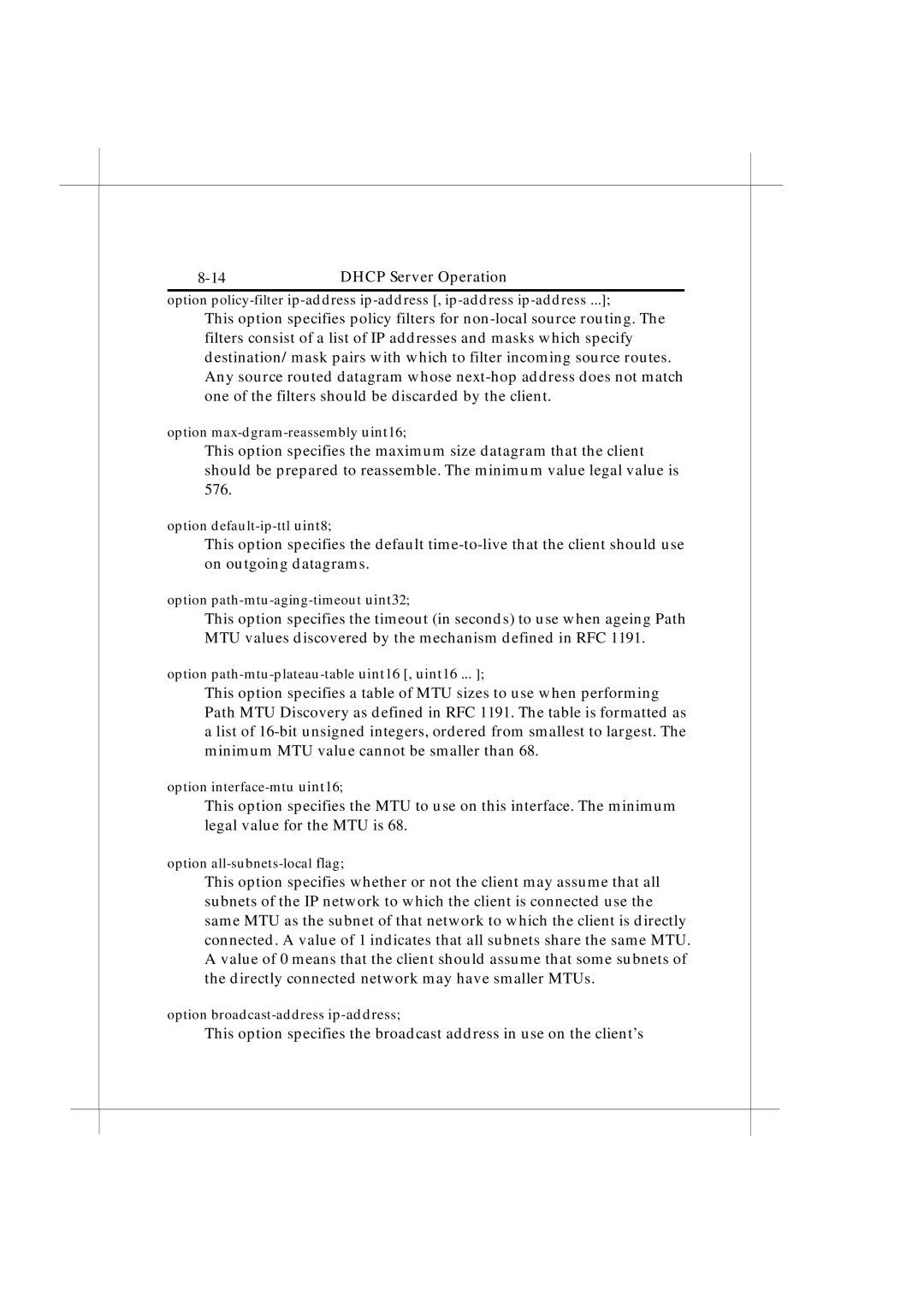Heritage specifications
IBM, or International Business Machines Corporation, is a global leader in technology and consulting, with a heritage that spans over a century. Established in 1911, IBM initially emerged from a merger of four companies, and it has since evolved into one of the most influential players in the tech industry.One of the main features of IBM’s legacy is its commitment to innovation. The company has a long history of technological breakthroughs, including the development of the first programmable computer, the IBM 701, in the early 1950s. IBM has also been at the forefront of many pivotal technologies, including mainframe computers, which became central to large-scale enterprise computing. The System/360, introduced in 1964, revolutionized the industry by offering a compatible range of computers that could run the same software, a concept that helped define the standardization of computer systems.
IBM’s contributions to artificial intelligence, particularly through its Watson platform, are another hallmark of its heritage. Watson gained international fame for its success on the quiz show Jeopardy! in 2011, showcasing advanced natural language processing capabilities and machine learning techniques. This technology has since found applications in various fields, from healthcare to finance, significantly transforming data analysis.
Another key characteristic of IBM is its focus on research and development. With an impressive portfolio of patents, IBM consistently ranks among the top patent holders annually. Their research endeavors have led to significant advancements in quantum computing, with initiatives like the IBM Quantum Experience making quantum technologies accessible to developers and researchers.
Sustainability is also a priority for IBM, with programs aimed at promoting environmental responsibility. The company has committed to achieving net-zero greenhouse gas emissions by 2030, reflecting the growing importance of sustainability in technology practices.
In summary, IBM's heritage is characterized by a strong legacy of innovation, technological leadership, and a commitment to addressing contemporary challenges in business and society. From pioneering mainframe systems to leading the charge in AI and quantum computing, IBM continues to shape the future of technology while maintaining a visionary outlook towards a sustainable and inclusive digital world.

